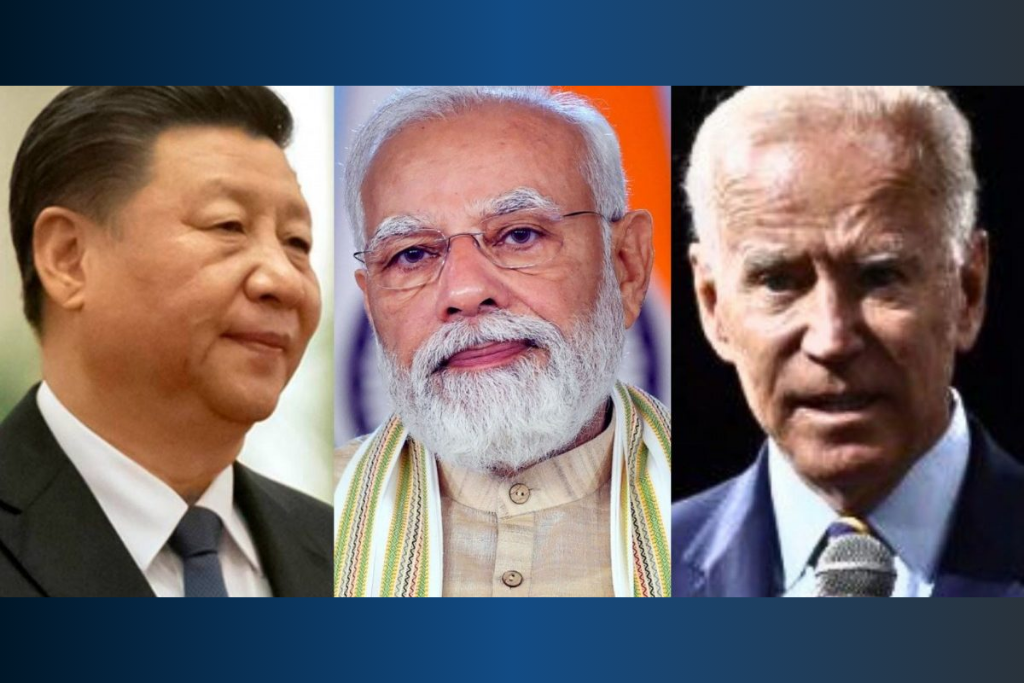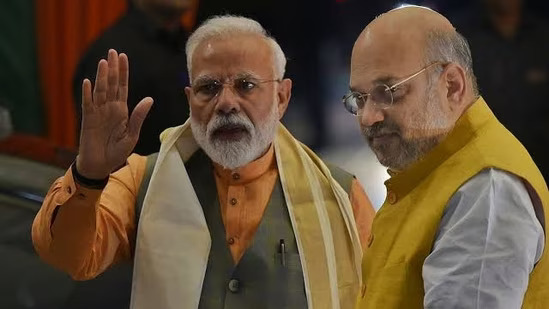The upcoming G20 Summit in New Delhi has generated significant interest and speculation regarding the attendance of world leaders, particularly Chinese President Xi Jinping. As global leaders prepare to converge in the Indian capital, the absence of President Xi raises questions about the intricate dynamics of Sino-India relations and the broader geopolitical landscape. This blog delves into the complexities surrounding Sino-India relations, the significance of President Xi’s potential absence, and the implications for global economic cooperation and multilateral diplomacy.
The Historical Context:
To understand the present situation, it is crucial to consider the historical backdrop of Sino-India relations. The tensions and unresolved border issues between the two countries have been a defining aspect of their relationship. The Galway clashes of 2020 marked a significant escalation in these tensions and heightened concerns about the region’s stability.
Border Disputes and Unresolved Issues:
Despite numerous rounds of diplomatic discussions and even high-level military meetings, a clear resolution to the border disputes remains elusive. Prime Minister Narendra Modi has emphasized the centrality of the border situation in shaping Sino-India relations. The prospect of a swift settlement appears remote, at least shortly.
The Border Dispute’s Enigmatic Nature:
The Sino-India border issue is enigmatic, influenced by historical disputes, national pride, and strategic interests. Both nations seek to assert their influence on the global stage, leading to complex interactions. Hints of potential meetings between Prime Minister Modi and President Xi during events like the BRICS Summit have often resulted in limited exchanges, reflecting the deep-seated complexities at play.
China’s Assertiveness:
China’s actions, such as the release of a new map asserting sovereignty over the northeastern state of Arunachal Pradesh and the disputed Aksai Chin plateau, have further exacerbated tensions. India has strongly protested against these claims, with Foreign Minister S. Jaishankar labeling them as ‘absurd.’ China, on the other hand, has urged all parties to remain objective and avoid over-interpreting the issue.
The Geopolitical Landscape:
Sino-India relations are not just about the border dispute; they are embedded in the broader context of great power competition between China and the United States. Both countries vie for influence on the global stage, which influences their interactions not only in the region but also in multilateral forums like the G20.
President Xi Jinping Absence from the G20 Summit:
President Xi’s decision to potentially skip the G20 Summit in India has garnered attention worldwide. It has raised questions about China’s intentions and its willingness to cede the center stage to India, particularly within the region and the broader neighborhood. This move underscores China’s commitment to maintaining its dominant role and influence in the region, directly affecting the balance of power.
The Impact on Geopolitical Dynamics:
The absence of high-profile summits like the G20 from President Xi’s schedule highlights the intricate layers of negotiations and the imperative of aligning domestic audiences with the diplomatic path forward. It also reflects the ongoing geopolitical competition and its impact on global economic cooperation and multilateral diplomacy.
The Implications for India:
India, as the host of the G20 Summit, finds itself in a unique position. The summit’s outcome will serve as a barometer of the extent to which geopolitical tensions and strategic competition between major powers, including China and the United States, are affecting global economic cooperation. India’s diplomatic efforts to navigate these complexities will be closely watched.
Conclusion:
Sino-India relations remain in a state of flux, with unresolved border disputes and competing global ambitions complicating the path forward. The potential absence of President Xi Jinping from the G20 Summit in New Delhi highlights the intricate nature of these relations and their impact on regional and global dynamics. As world leaders gather in India, the world will be watching closely to see how these complexities are managed and whether they will shape the future of global economic cooperation and multilateral diplomacy.
For all the latest news, keep visiting The World News.



